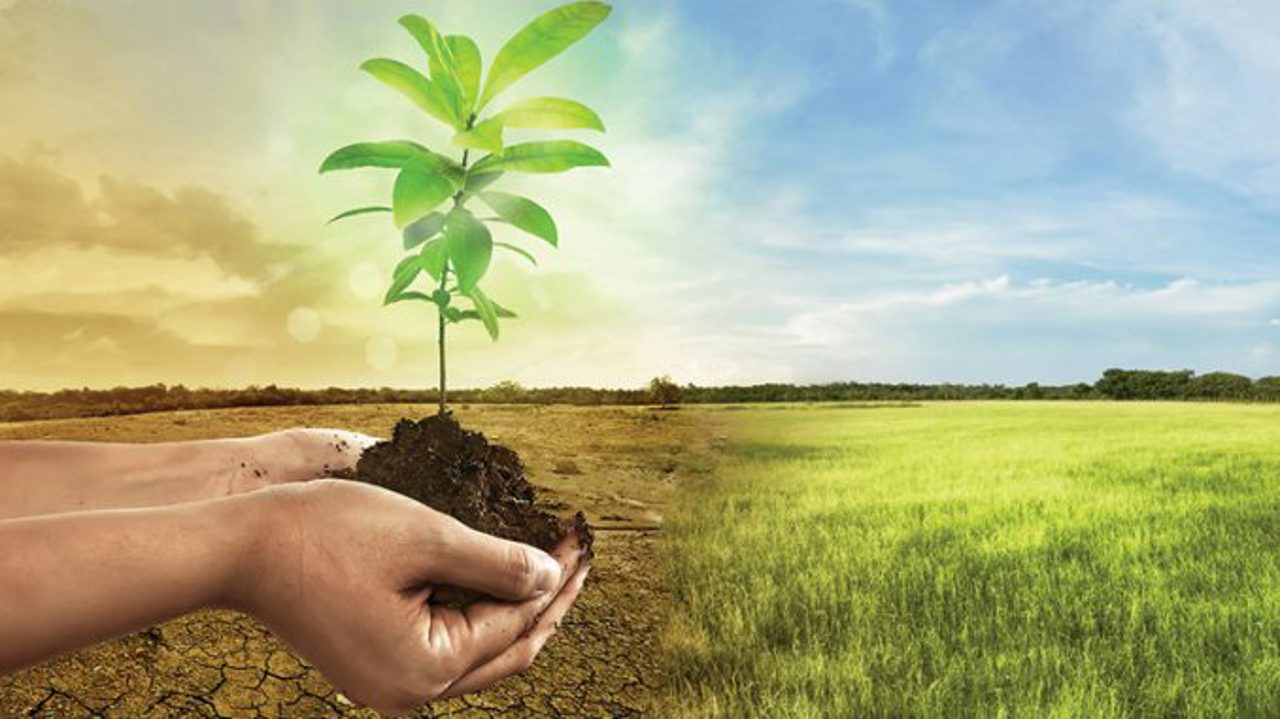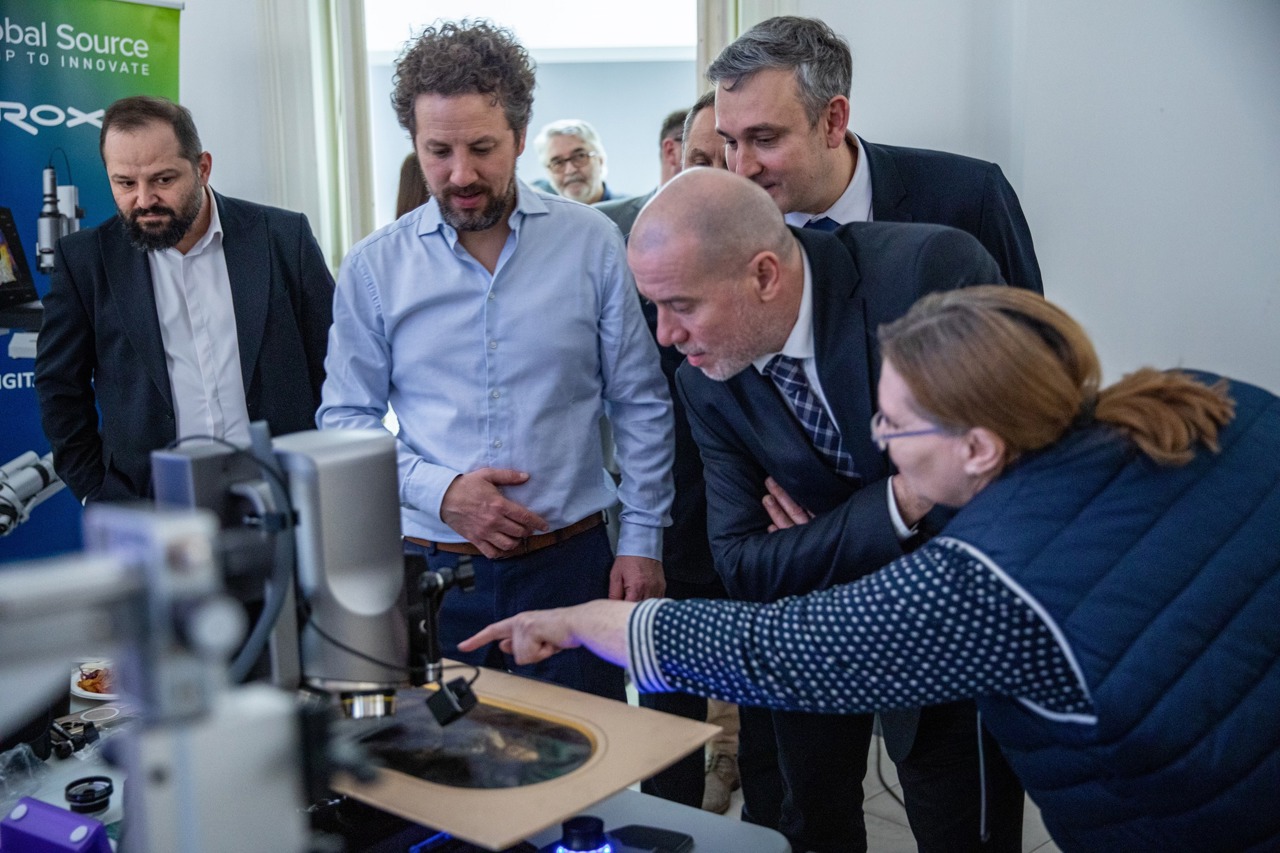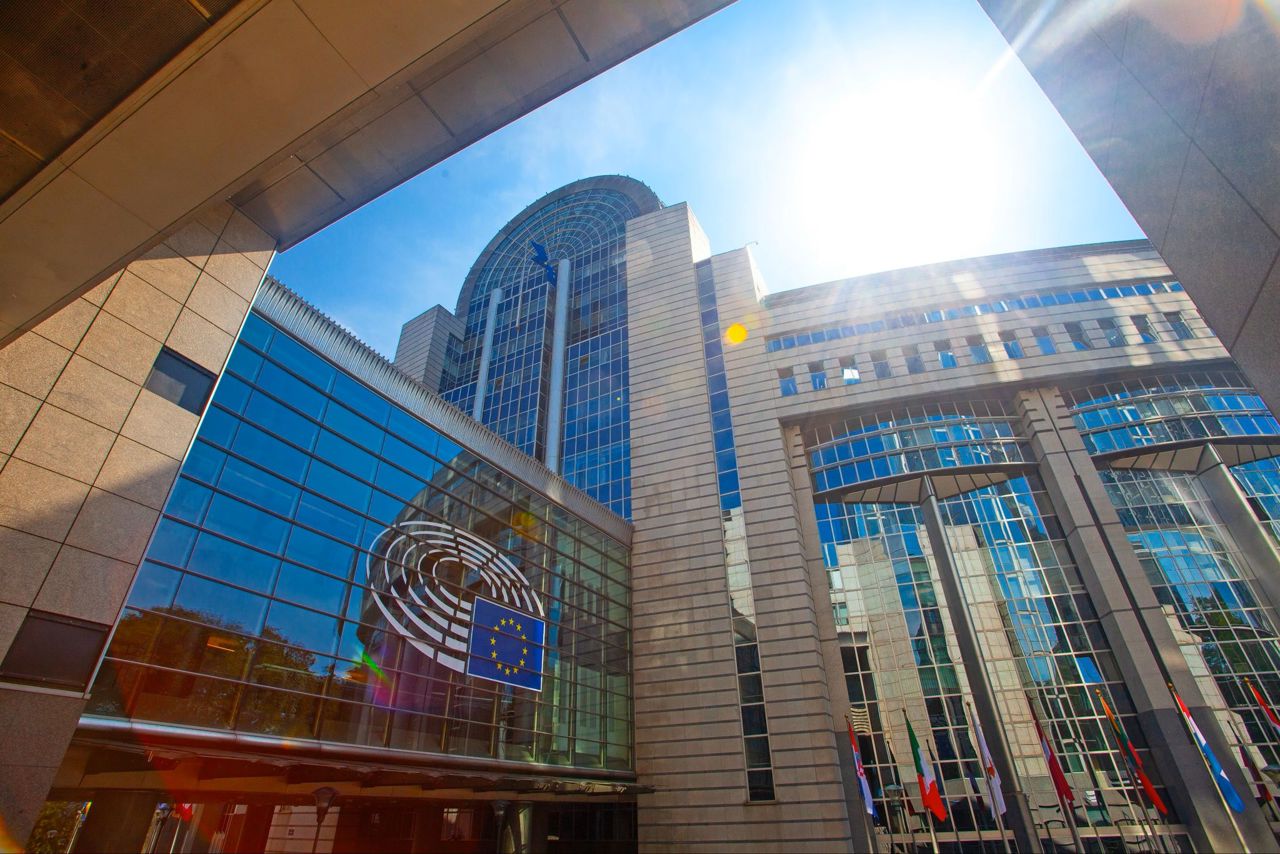Drought, War & Climate Change: Moldova's Farming Crisis
Climate change, droughts, and the war on the border are reducing agricultural yields in Moldova every year. This affects both the population's standard of living and the country's economy.

Experts from 12 countries are meeting in Chisinau to find solutions and identify good practices in a workshop organised by the FAO Regional Office for Europe and Central Asia. Furthermore, the specialists will develop recommendations that can later be implemented by our country's farmers.
According to experts, agriculture in the Republic of Moldova, along with the rest of the region, has suffered in recent years from several causes, such as extreme temperatures, conflicts, or the lack of adequate systems for climate conditions. One solution would be smart agriculture, which focuses on the sustainable management of natural resources and risk prevention.
“Agriculture plays an essential role in our economy and is very important for the Balkan countries and for the countries of Central Asia. In Turkey, due to climate change, we face challenges. We can share our experience from the regions through information exchange and workshops,” said Yuksel Tuzel, FAO Turkey expert.
“I am sure that Moldova has a list of its own products geared towards export. The most important priority is the European Union. Moldova has unique resources, the Carpathian region and all the untouched land,” said Emil Omuralive, FAO Kyrgyzstan expert.
The FAO Regional Office for Europe and Central Asia provides annual support to farmers in our country. With the start of the war, but also during the drought of 2022-2023, micro-producers benefited from seeds, fertilisers, and planting material.
“They have provided over five million US dollars in support, which is expressed in seeds, vegetable seeds, potatoes, fertilisers, vegetable planting material, and animal feed. All this aid was directed to households and micro, micro enterprises,” said Vasile Șerban, Secretary of State at the Ministry of Agriculture and Food Industry.
The workshop brings together experts from 12 countries, including Armenia, Belarus, Bosnia and Herzegovina, Hungary, Kyrgyzstan, and Turkey.
Translation by Iurie Tataru





